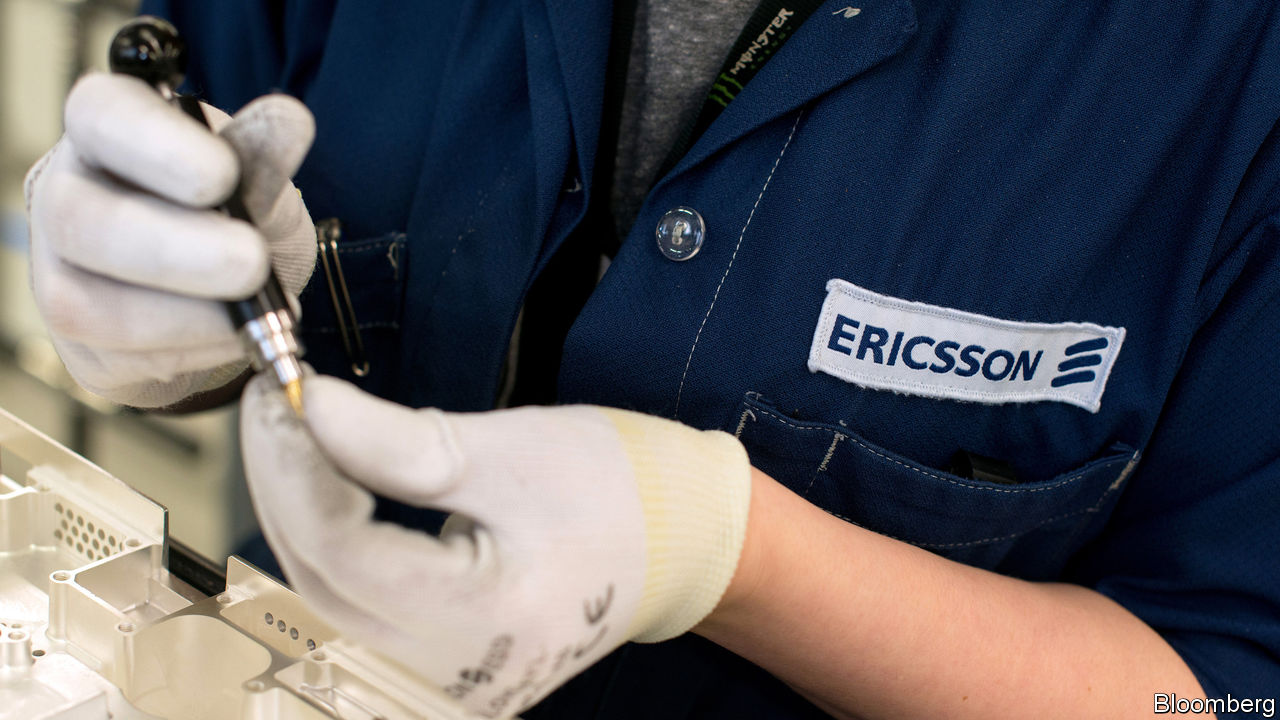 In the days of pre-internet capitalism the troubles of one dominant company in an industry tended to be good news for its rivals. In today’s hyperconnected world a threatened ban by Western governments of Huawei, the Chinese market leader in telecoms gear, is also a worry for its competitors. Both Ericsson, a Swedish company, and Nokia, a Finnish one, would prefer the geopolitical saga to end, the better to focus on competing for contracts related to the launch of super-speedy “fifth generation” (5g) mobile-phone networks.
In the days of pre-internet capitalism the troubles of one dominant company in an industry tended to be good news for its rivals. In today’s hyperconnected world a threatened ban by Western governments of Huawei, the Chinese market leader in telecoms gear, is also a worry for its competitors. Both Ericsson, a Swedish company, and Nokia, a Finnish one, would prefer the geopolitical saga to end, the better to focus on competing for contracts related to the launch of super-speedy “fifth generation” (5g) mobile-phone networks.The American government is not letting up its campaign to persuade allies to freeze Huawei out of 5g tenders. It worries that Huawei’s kit may contain “back doors”—deliberate security flaws inserted to allow Chinese spooks eavesdrop on, or attack, phone networks. Earlier this month, in a letter to Germany’s economics minister, America’s envoy to Berlin, Richard Grenell, threatened to cut back American co-operation with German security agencies if the country allowed Huawei or other Chinese firms to participate in the roll-out of 5g. Mike Pompeo, America’s secretary of state, suggested in Hungary recently that doing business with Huawei could tip decisions on where America stations troops.
